GRAFENWOEHR, Germany - Hungarian native turned U.S. citizen Peter Fodor plays an integral part in coordinating training opportunities for allied nations who train at the 7th U.S. Army Joint Multinational Training Command (JMTC) here.
The JMTC, where U.S. Soldiers regularly train with their multinational partners, depend on civilians like Fodor to facilitate coordination at all levels from both the JMTC and the participating countries.
As a member of the International Military Training (IMT) section, Fodor's helps sustain the JMTC's multinational training effort in support of U.S. European Command's Theater Security Cooperation program, while building partnership capacity.
"On a daily basis I assist with the logistical, administrative and other supporting arrangements which enable our allies to train their Soldiers, sailors and Marines at the Grafenwoehr and Hohenfels training areas," said Fodor. "I usually take on the responsibility of escorting international members around primary areas such as the billets where they will be staying, the dining facility and some of the local eateries and bakeries off post so they basically have an idea of what is available to them."
Fodor's varied background supports him in his current capacity at the JMTC. He was born and raised in Hungary and spent the first 14 years of his life in Europe. Months before gaining his U.S. citizenship in 1980, this Hungarian native joined the U.S. Air Force because he liked the opportunities the military offered.
"My original intention was to serve four years, get a college education, and then look for other opportunities," said Fodor. "After hardly attending any school during those first four years, the second four years proved to be very fruitful. I earned an associate's, a bachelor's and a master's degree."
Fodor's exposure to the overseas military culture as well as consistent contact with international members began to develop during his first assignment in Germany.
"The support structure available abroad and life away from the continental U.S. afforded me the flexibility to work in different military settings," said Fodor. "My regular contact with non-U.S. military officers and their families started in 1989 during my 8-year Air University tenure where my family sponsored six international officers and their families."
During his 25-years in the military, Fodor frequently found himself communicating with members of international militaries. During assignments at the Air Force Senior Noncommissioned Officer Academy (NCO), the Defense Language Institute, and the German NCO School, he sponsored internationals studying at the U.S. Air Force Air University, the Naval Post Graduate School, and the German Senior Service School enabling him to establish contacts with internationals and maintain those contacts still today.
"My frequent professional and personal contact with leaders of foreign militaries during several assignments in the Air Force and a subsequent civilian assignment certainly helped me prepare for my current tasks at the JMTC where I hope to remain during the foreseeable future," Fodor added.
Whether it was during his time in the Air Force, or at his current position with JMTC, Fodor has met many international service members and listened to their life stories and experiences in the military or just in everyday life.
"I think those are elements that all come in handy when I work in the IMT office," said Fodor. "Internationals come into the office and I immediately recognize the uniform and say you're from that country, you do this job and by the way I have seen this or that from your country."
The frequent opportunities to meet foreign military personnel of other NATO and Partnership for Peace countries, and learn about their life, culture and military units are what Fodor considers the most interesting aspect of his job.
"I like the comments that the internationals make after a training event. They say things such as this is an outstanding organization, an outstanding training opportunity, and we (JMTC) have helped them help their military prepare for the next mission," added Fodor.
With world-class facilities and trainers available to provide the most relevant and realistic training possible, the coordination Fodor does helps our multinational partners gain access to training resources that may not be available in their home country so they can meet future missions.
"I get a sense of satisfaction when internationals complete their nation specific or NATO prescribed training knowing I had a role although only a minor role in the big picture," said Fodor. "But a role nevertheless in helping Soldiers prepare for the battlefield."
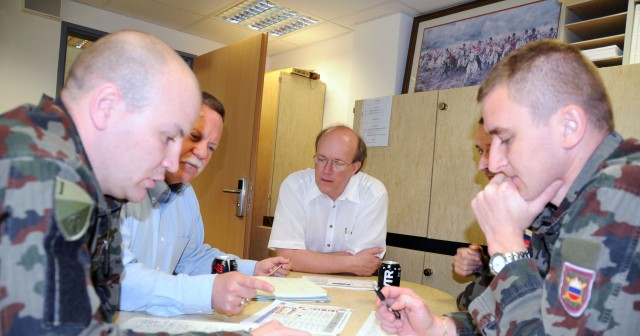
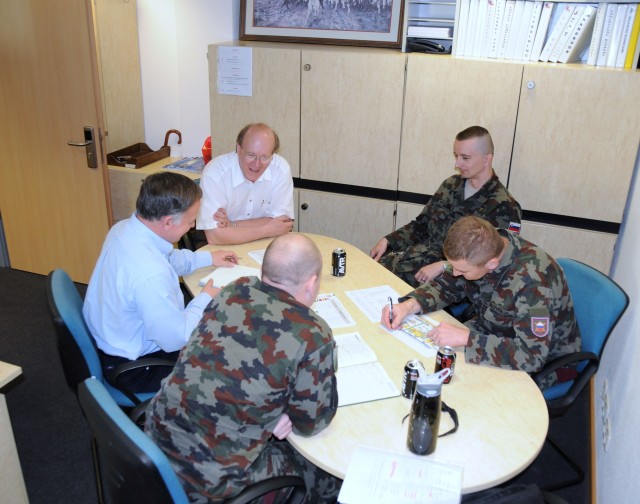
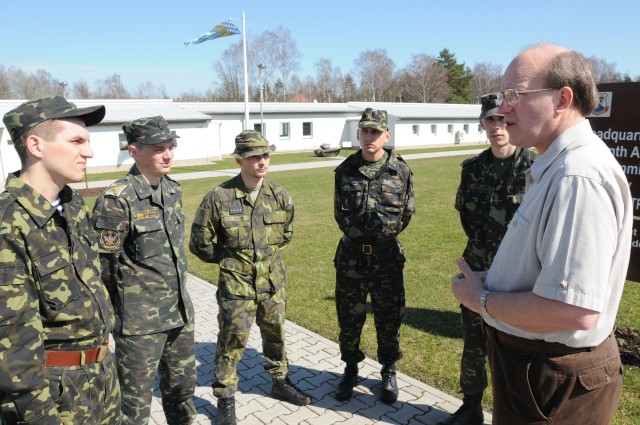
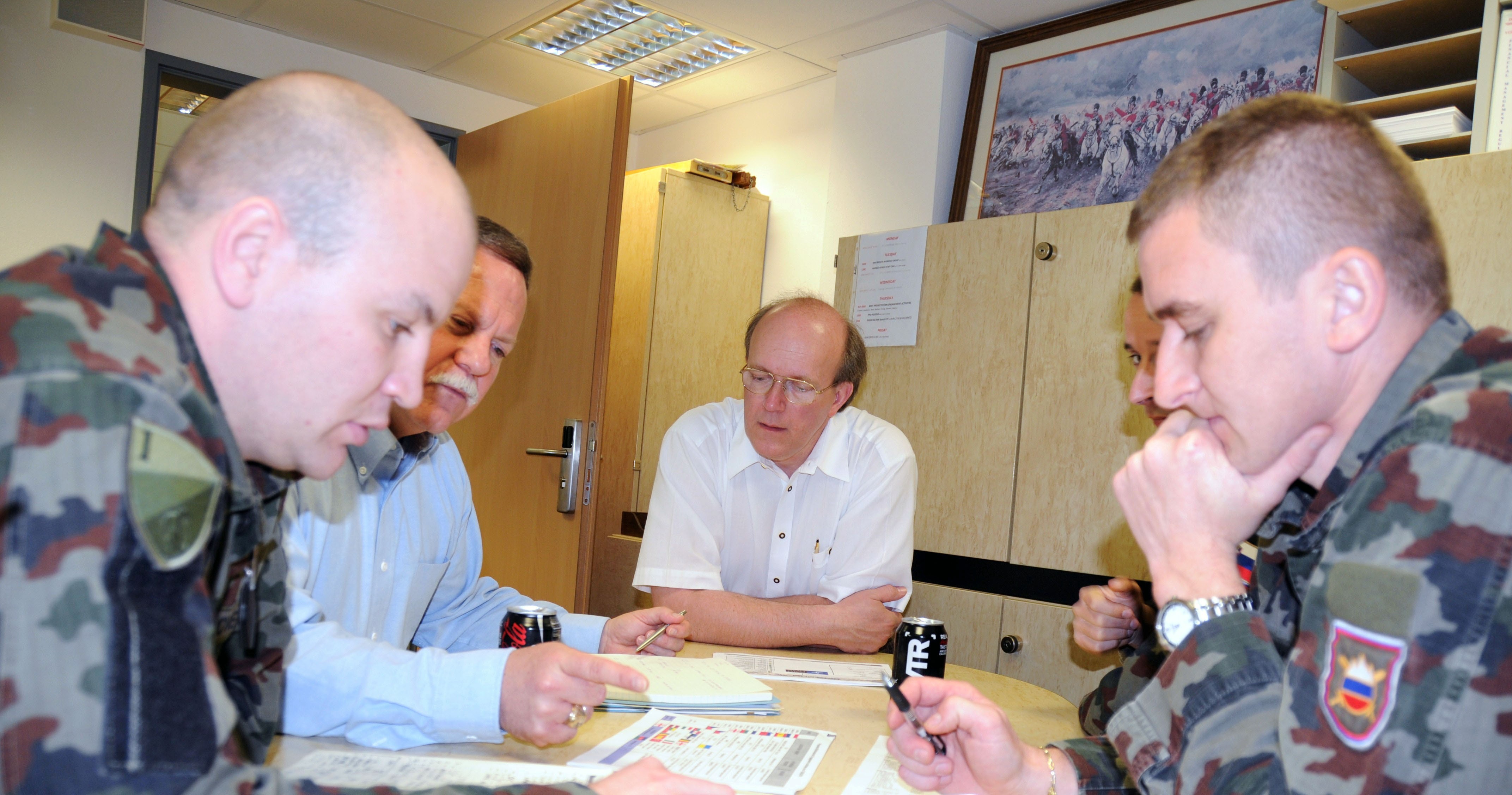
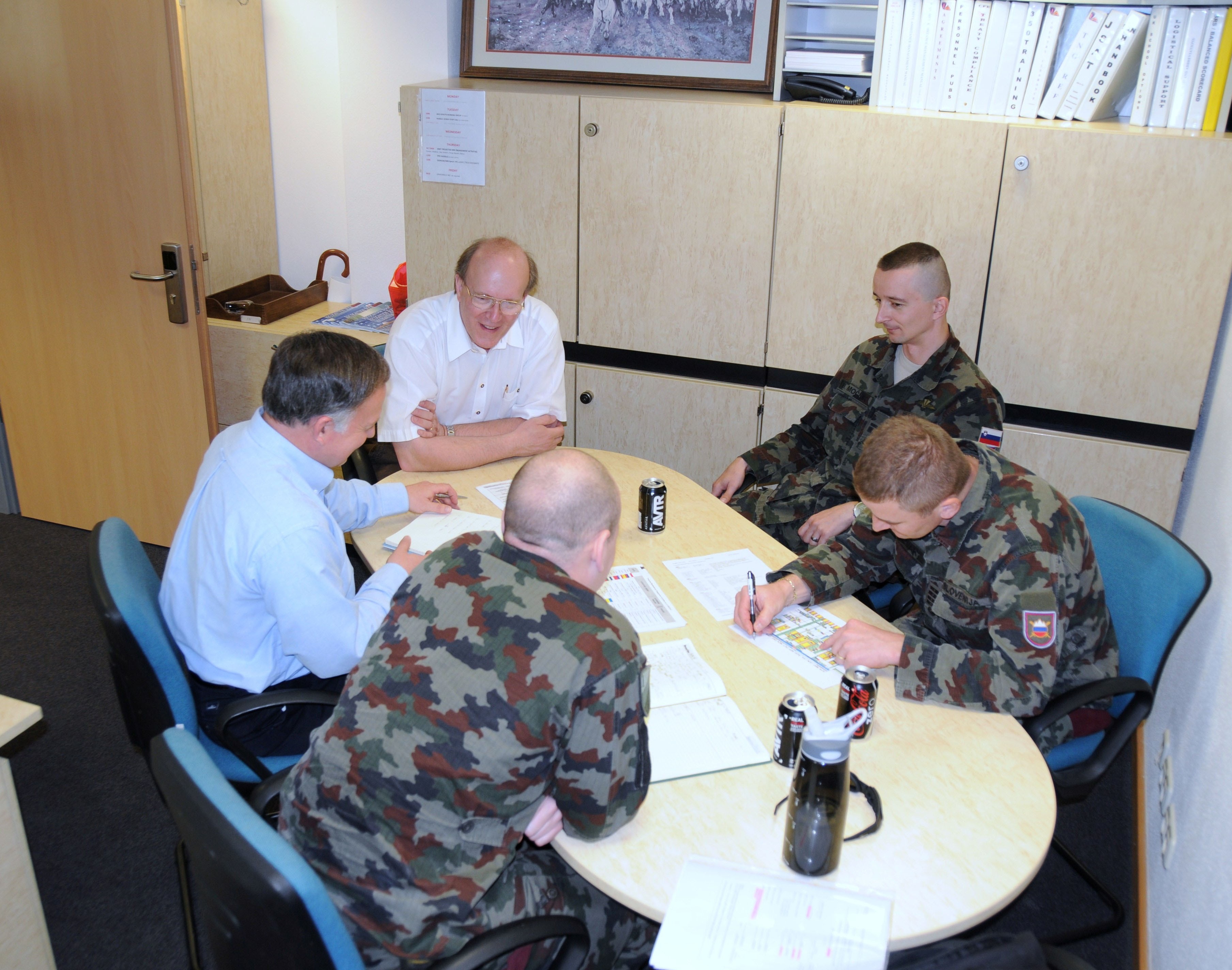
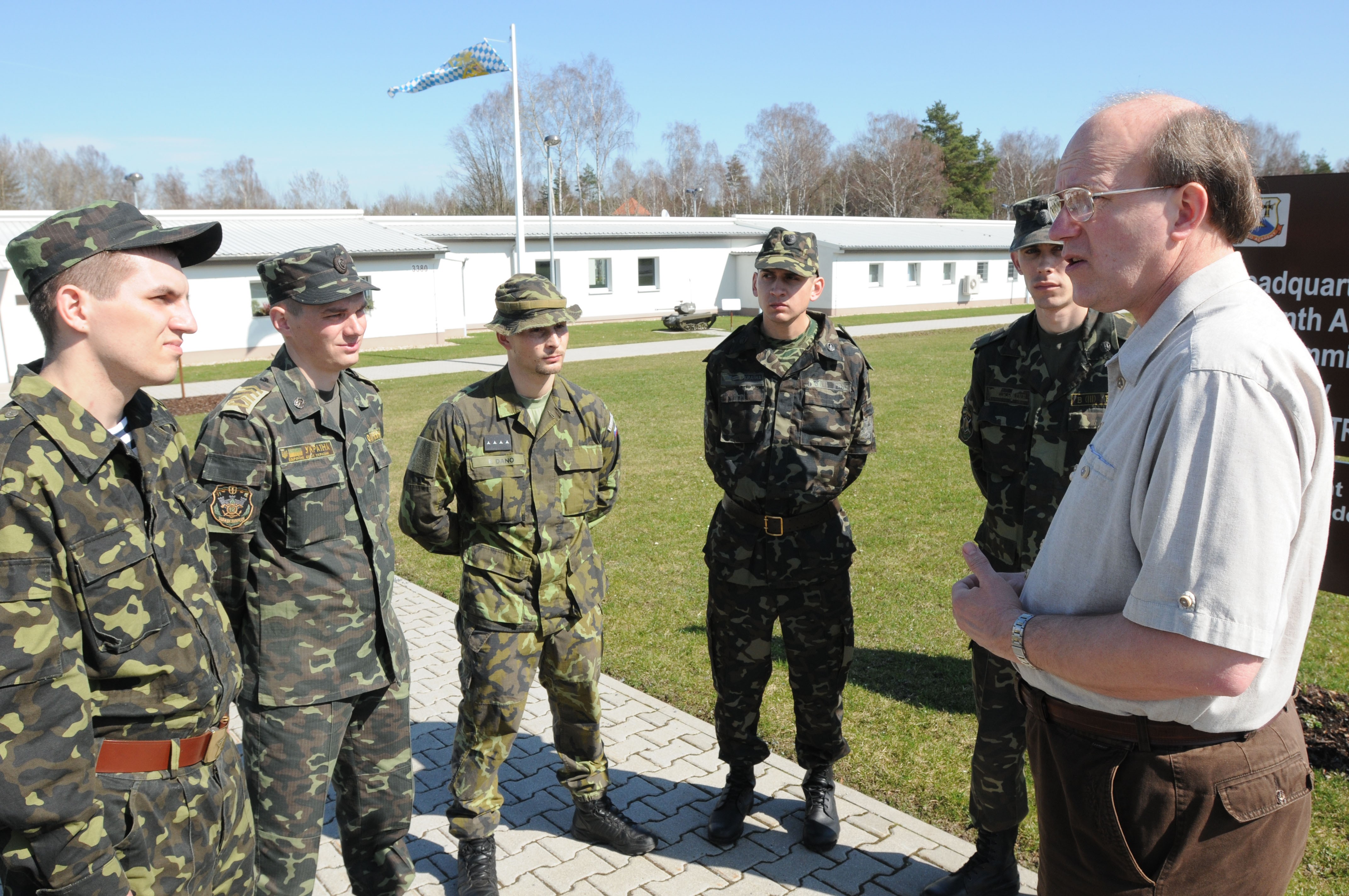
Social Sharing